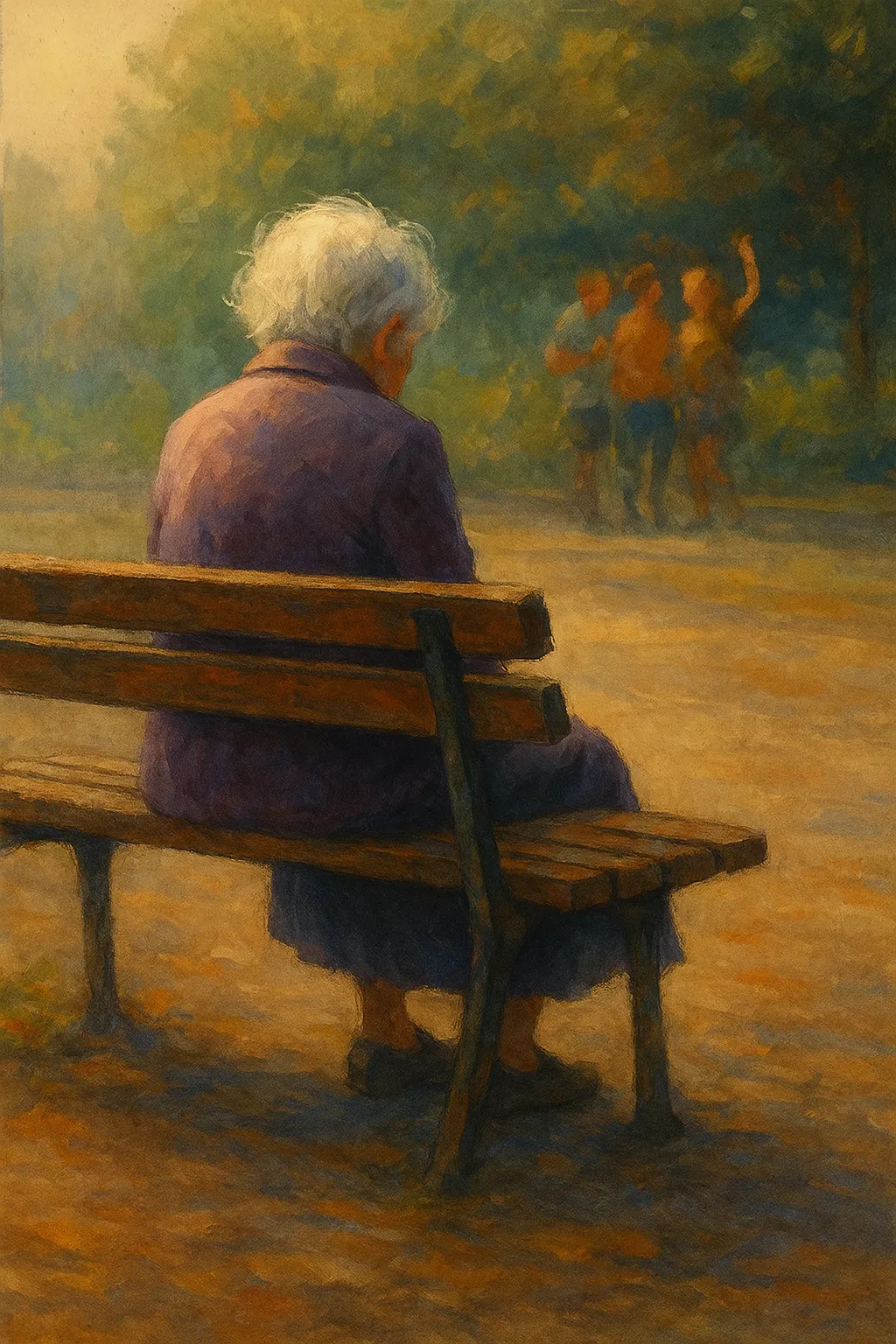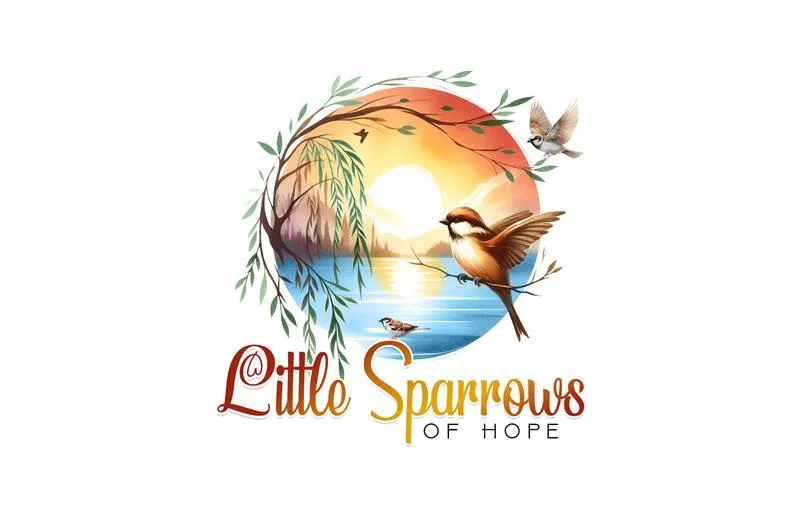Loneliness of Bereavement
LONELINESS - A Stage of Grief?
When we talk about grief, most people think of the five stages that Elisabeth Kübler-Ross described: denial, anger, bargaining, depression, and acceptance. “They’ve become so widely quoted that many people think they tell the whole story. But those stages were originally meant to describe the process of someone facing their own death, not the grief of those left behind.”
David Kessler, who co-authored later work with Kübler-Ross, added a sixth stage: finding meaning. That feels more relevant to the journey of the bereaved for some.
And yet, even with those six stages, something is missing. Something many people living with loss will understand deeply: “Loneliness — an experience that doesn’t get talked about enough. It’s not just being alone, but the aching, empty space left when the person you loved is no longer there.”
If you’ve lost a spouse or someone you lived with, the silence can be deafening. The house feels too big. Everyday moments — making a cup of tea, sitting down for dinner, watching TV in the evening — suddenly become sharp reminders of who is missing.
Even when friends or family are nearby, loneliness can still be overwhelming. Some people step back because they don’t know what to say. Others feel uncomfortable around grief. Sometimes, if they are in couples themselves, they may even fear being around someone widowed or single.
This loneliness isn’t a stage you “get through.” It lingers. It comes in waves. It may soften with time, or you may learn to live alongside it — but it is real, and it deserves to be acknowledged.
Loneliness isn’t just a stage that comes and goes. For many, it stretches on, weaving its way into every part of daily life. Especially when the person you’ve lost was the one you shared your world with — a partner, a child, a parent you lived with, or even a close friend who was always there. Suddenly the silence is deafening.
It’s not only the absence of your loved one that creates loneliness. It’s also how the world responds. People don’t know what to say, so they say nothing. Some quietly slip away because they can’t handle your pain. Others avoid you because they’re uncomfortable, or even fearful that your loss might somehow brush against their own lives. If they are married or settled, sometimes they worry — wrongly — that your singleness means you want to intrude on their relationship.
It’s harsh, but it happens. I’ve lived it.
That kind of social loneliness can feel even harder than the physical absence. It makes you feel invisible at the very moment you most need to be seen,
So perhaps loneliness isn’t an “official” stage of grief. But it is a reality of grief. A thread that often runs longer and deeper than any stage model can explain. Naming it matters. Because once we name it, we can talk about it — and we can begin to find ways to ease it, for ourselves and for others.

Finding small steps
While loneliness can feel overwhelming, there are gentle ways to soften it:
• Spend time in nature — even a walk to the beach or park can ease the ache.
• Try a local class or group — hobbies bring connection as well as joy.
• Stay in touch with old friends, even from afar — little messages can bridge the gap.
• Volunteer or give support — helping others can bring unexpected companionship.
A reminder:
Loneliness doesn’t mean you’re failing — or that you’ll always feel this way. It’s part of the grief journey, and acknowledging it is a brave step. Bit by bit, connection can grow again — new friends, new routines, new support.
"Sometimes the ache of being alone is simply your heart reminding you how much you loved. Loneliness is not a weakness — it is a reflection of your capacity for connection."
I will write more about loneliness, it's a big subject and very painful to endure.
Loneliness through bereavement is not weakness. It is love with nowhere to go. And while it may feel endless, gentle steps — connection, creativity, community — can help create new spaces for companionship, meaning, and even joy again.
Remember:
“You are not alone in this.
“Strength can come in waves, just like the tide.”
With warmth,
Joanne
